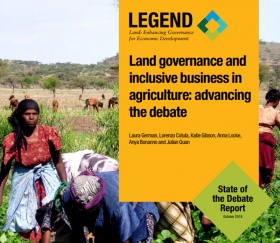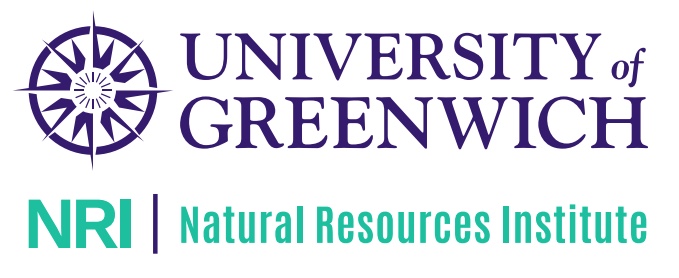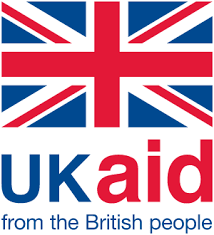Proper consideration of land means that companies need to be ready to reduce concession sizes, adjust pre-conceived business plans and consider how to introduce more inclusive business models that do not require land acquisition. Numerous large-scale agricultural investments have been over-ambitious and some have ultimately failed. Recent pilot projects show how companies can reduce planned size of plantations to accommodate community land rights, and adopt more inclusive approaches with greater participation by out-growers and support diversified community-based businesses that strengthen livelihoods and food security.
Key facts: Land & InvestmentsBrowse all
The LEGEND report Investing Responsibly in Agricultural Land summarises the practical lessons of responsible land investment pilot in different settings and describes changes made to business plans and the reductions in the scale of land acquisitions by major companies:
- Changes made by Natural Habitats Sierra Leone to reduce the planned size of oil palm plantations and increase the role of smallholder farmers in production: See also Soldaridad’s learning story on reduction of the concession size, and the company’s own account of lessons learned.
- Changes to the scale and pace of eucalyptus planting by Portucel, Mozambique to protect community rights, livelihoods and food security and create scope for new outgrower and partnership-based business models and more diversified tree production. See LEGEND RLI case study 1 on paying due attention to tenure rights in investment planning.
Other examples of inclusive business models featured in the 2016 -2019 responsible land investment pilots include:
- Work by Micaia in Mozambique with Baobab Products Mozambique and VSF-Belgium with Dorobo Safaris in northern Tanzania to develop new community-based value chains for natural products and cultural tourism services based on secure collective rights to land and participatory land use planning to reduce pressure on productive land resources.
- Micaia’s reflection papers Innovations and inclusive business in baobab value chains and Changes in household and gender dynamics resulting from baobab business provide insights on how inclusive business can work and the benefits for women’s empowerment and household welfare.
- A project with NGO WHH in Sierra Leone to develop a community owned cocoa production and export business revealed the challenges of NGO led development of community-based business models reliant on both third-party offtake and farm management services and longer term investment capital.
- MIRO Forestry(link is external), with investment from P4F in Ghana, and from CDC in Sierra Leone has established forestry plantations on land leased from land owning families, providing employment and other benefit-sharing mechanisms. In Ghana, Miro also assists local charcoal burners to develop a sustainable community-based charcoal business.
Disclaimer: The data displayed on the Land Portal is provided by third parties indicated as the data source or as the data provider. The Land Portal team is constantly working to ensure the highest possible standard of data quality and accuracy, yet the data is by its nature approximate and will contain some inaccuracies. The data may contain errors introduced by the data provider(s) and/or by the Land Portal team. In addition, this page allows you to compare data from different sources, but not all indicators are necessarily statistically comparable. The Land Portal Foundation (A) expressly disclaims the accuracy, adequacy, or completeness of any data and (B) shall not be liable for any errors, omissions or other defects in, delays or interruptions in such data, or for any actions taken in reliance thereon. Neither the Land Portal Foundation nor any of its data providers will be liable for any damages relating to your use of the data provided herein.






